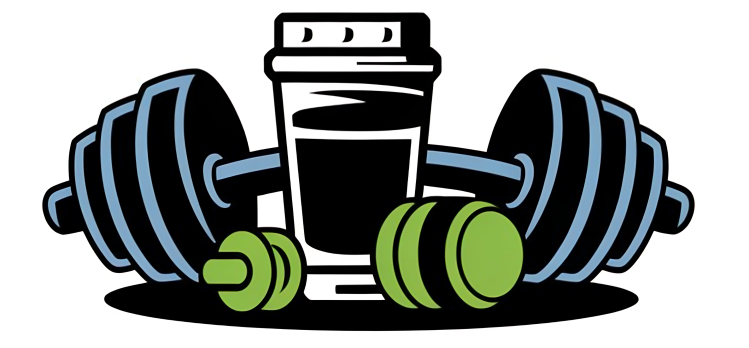
Vitamins vs. Whole Foods: What’s the Difference?
When it comes to maintaining good health, many people wonder whether they should rely on supplements or focus on eating nutrient-dense whole foods. In reality, both options have their place, but they serve different purposes in supporting our health.
Nutrient Synergy: Why Whole Foods Reign Supreme
Whole foods provide a complex array of nutrients that work together, or synergistically, to offer more than just the sum of their parts. For instance, eating an orange gives you vitamin C, fiber, and antioxidants, all of which work in harmony to boost your immune system, regulate digestion, and promote overall health. On the other hand, supplements often contain isolated nutrients, like vitamin C alone, which may not be as effective without the complementary nutrients found in whole foods.
Bioavailability: Food vs. Supplements
The body’s ability to absorb and use nutrients is known as bioavailability. Whole foods are naturally packaged with fiber, fats, and other compounds that enhance the body’s ability to absorb and use the nutrients. Many supplements, however, may not be absorbed as efficiently and could pass through the body without providing their full benefits.
Case Studies: Whole Foods vs. Supplements
Numerous case studies have shown that individuals who consume a diet rich in whole foods tend to have better long-term health outcomes compared to those who rely solely on supplements. Whole foods provide more balanced nutrition, reducing the risk of nutrient imbalances that can arise from over-reliance on supplements.
Tips for Better Nutrition:
- Focus on Variety: Incorporate a wide range of fruits, vegetables, whole grains, and lean proteins into your diet to ensure you’re getting a comprehensive array of nutrients.
- Use Supplements Wisely: While whole foods should be your primary source of nutrition, supplements can help address specific deficiencies.
- Experiment with Foods: Try new fruits, veggies, and grains regularly to keep your diet exciting and nutritionally rich.
The Importance of Quality in Supplements
With the market for supplements booming, quality can vary drastically. How can you be sure you’re choosing a product that’s both safe and effective?
Identifying High-Quality Supplements
A high-quality supplement is made from responsibly sourced ingredients, manufactured under stringent conditions, and tested by third-party organizations. Look for supplements that provide transparency regarding their ingredients and production processes.
Common Contaminants: What to Avoid
Not all supplements are created equal. Some can contain harmful contaminants, fillers, and additives that can have adverse effects on health. Research shows that low-quality supplements can be contaminated with heavy metals, pesticides, and other harmful substances. Stick with reputable brands that focus on safety and purity.
Consumer Awareness is Key
You have the power to make informed decisions. Don’t just accept labels at face value; do your research, read reviews, and choose brands that have received quality and safety certification from agencies like USP or NSF.
Tips for Choosing Quality Supplements:
- Research Thoroughly: Read reviews, check for third-party certifications, and understand where the ingredients are sourced from.
- Look for Transparency: Opt for brands that provide clear ingredient lists and disclose their manufacturing processes.
- Trust Third-Party Testing: Look for certifications like USP, NSF, or ConsumerLab to ensure quality.
